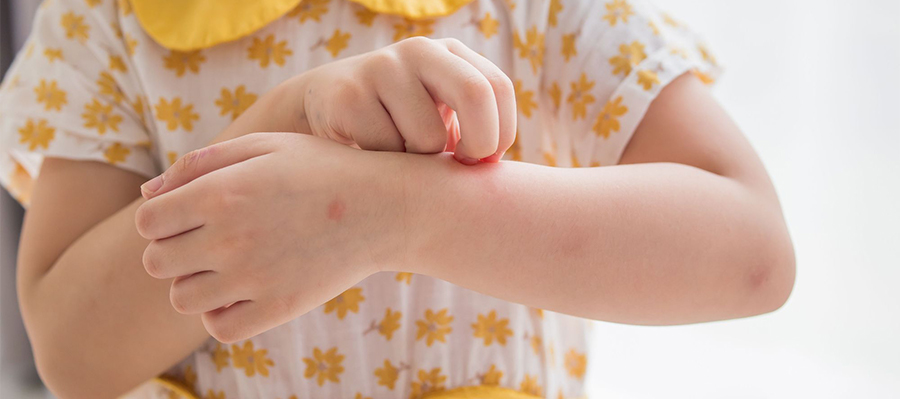Hand, Foot, and Mouth Disease (HMFD): Symptoms and Treatment
04 July 2023
Hand, Foot, and Mouth Disease, commonly known as HFMD, is a viral infection caused by the Coxsackievirus and enteroviruses. It is highly contagious and primarily affects young children.
In this blog post, Dr Cham Weng Tarng provides more insights about the symptoms, prevention, and treatment of HFMD.
What are the symptoms of hand, foot, and mouth disease?
Mild Symptoms
The mild symptoms of HFMD are usually the first to appear. These symptoms include fever, sore throat, and a general feeling of being unwell. Small red spots may appear in the mouth, and a rash may develop on the hands and feet. Blisters may also develop on the tongue, gums, and inside of the cheeks. The child may also be lethargic but still be able to drink fluids.
Moderate Symptoms
In some cases, the symptoms of HFMD can be moderate. These symptoms include headache, vomiting, and diarrhoea, in addition to the mild symptoms mentioned above. Children with moderate symptoms may also experience more pain and discomfort from the blisters and sores. It is important to monitor these symptoms closely and seek medical attention if necessary.
Severe Symptoms
While rare, HFMD can cause severe symptoms in some cases. Severe cases of this condition are rare and typically caused by enterovirus 71, but they should still be treated seriously.
Severe symptoms can also include difficulty breathing, a rapid heartbeat, and seizures. If your child experiences these symptoms, seek medical attention immediately.

How can I prevent getting Hand, Foot, and Mouth Disease?
According to Dr Cham, there is no vaccine for HFMD, so prevention is the best way to avoid getting infected.
The most important step to prevent HFMD is to practise good hygiene. It is crucial that you wash your hands frequently, especially after coming into contact with an infected person or their belongings.
Not only that, he mentioned that clean and disinfect surfaces that may be contaminated, such as toys, doorknobs, and countertops. Avoid sharing utensils, cups, and other personal items with infected individuals. If possible, isolate your infected child if there are other children in the house.

Treatment for Hand, Foot, and Mouth Disease
In most cases, HFMD is self-limiting and will resolve on its own within 10 days.
According to Dr Cham Weng Tarng, there are several ways to manage the symptoms and help your child feel more comfortable:
Stay Hydrated
Keeping the child hydrated is crucial to managing HFMD. Parents may encourage the child to drink plenty of fluids like water, milk, and fruit juice.
Foods such as applesauce or ice cream, which are easy on the throat, and cooling milk and porridge to room temperature to ease discomfort while swallowing.

Avoid Irritating Foods
Foods that are acidic, salty, or spicy can irritate the blisters and sores in the mouth and throat.
Citrus drinks like orange juice, soda, and spicy foods are recommended to be avoided. Instead, opt for foods that are soft and easy to swallow, such as applesauce, ice cream, and mashed potatoes.
Manage the Symptoms
While there is no specific treatment for HFMD, there are several ways to manage the symptoms and help your child feel more comfortable. Over-the-counter medications can be used to relieve pain from ulcers and reduce fever.
If your child is experiencing moderate to severe symptoms, it is important to seek medical attention.
Conclusion
HFMD is a common and highly contagious infection among young children. However, in most cases, it tends to resolve on its own. It is crucial for you to know how to identify and manage symptoms in order to ensure your child's comfort during the recovery period. Additionally, practising good hygiene is essential to prevent the spread of the infection.
Remember to practise good hygiene, stay hydrated, and seek medical attention if symptoms worsen or persist. If you are concerned about your child's symptoms, it is important to seek medical attention. You can book an appointment with Dr Cham Weng Tarng at https://www.sunwaymedical.com/en/speciality/paediatrics.






